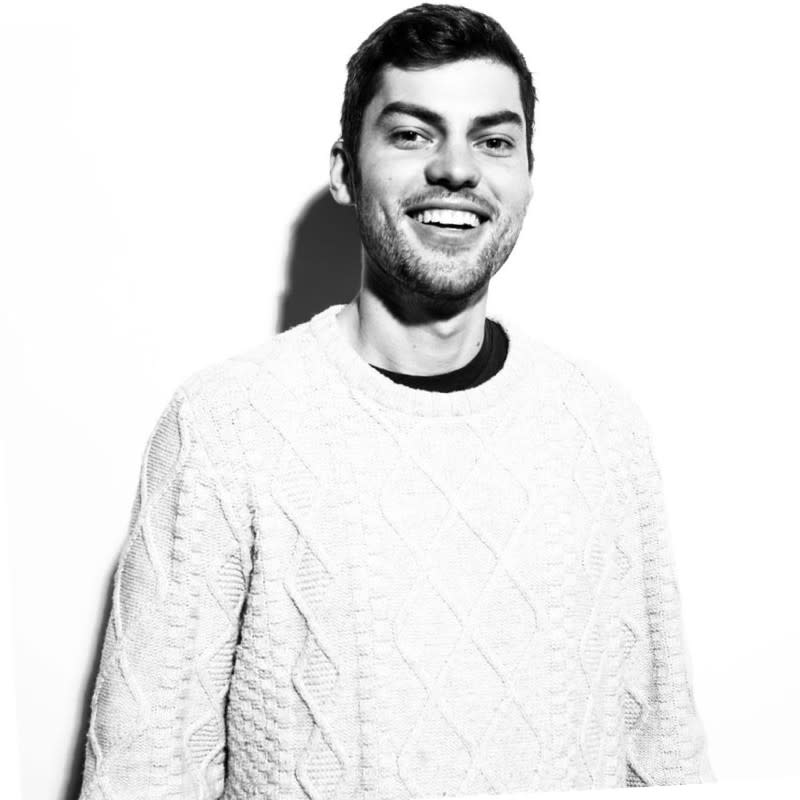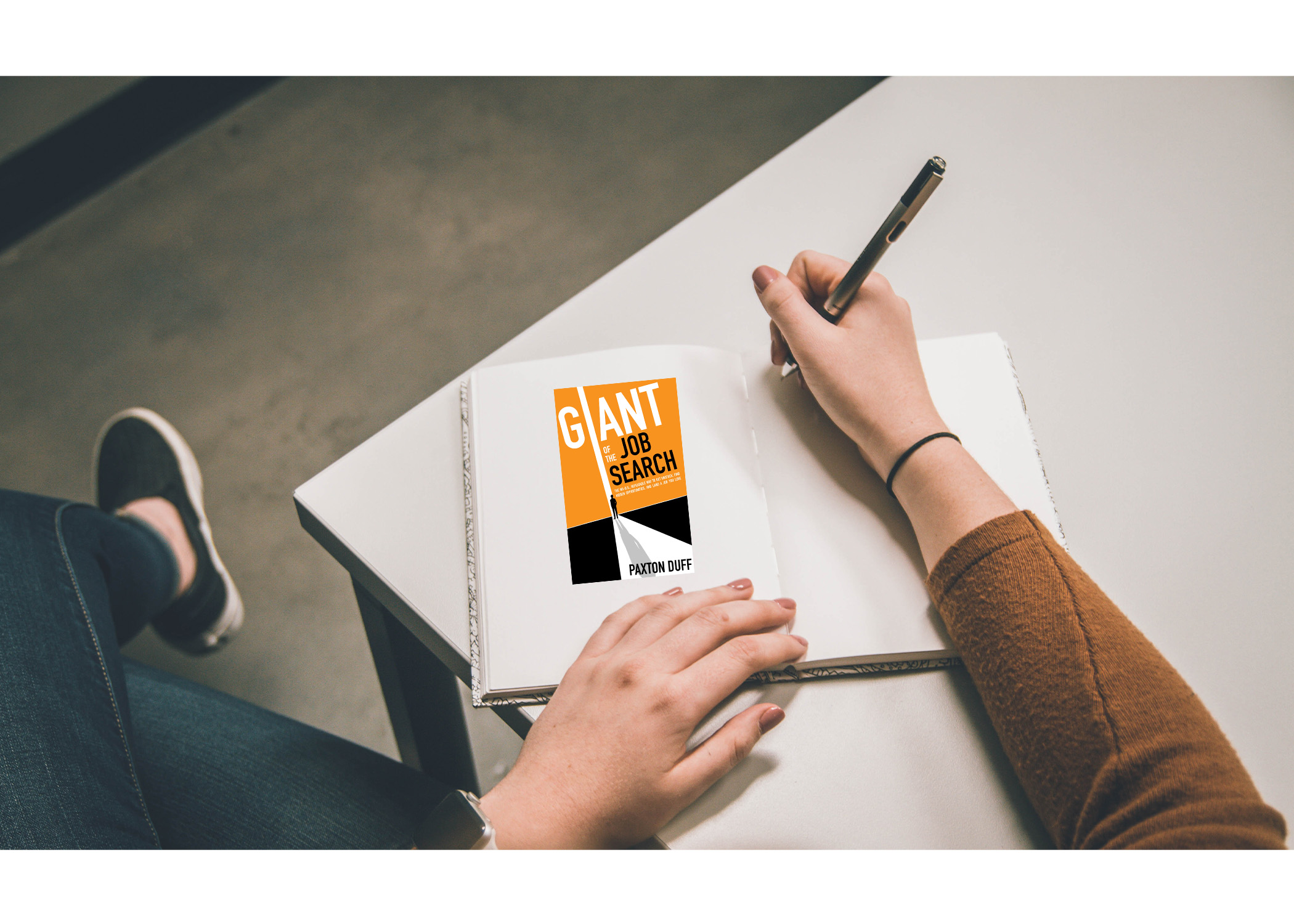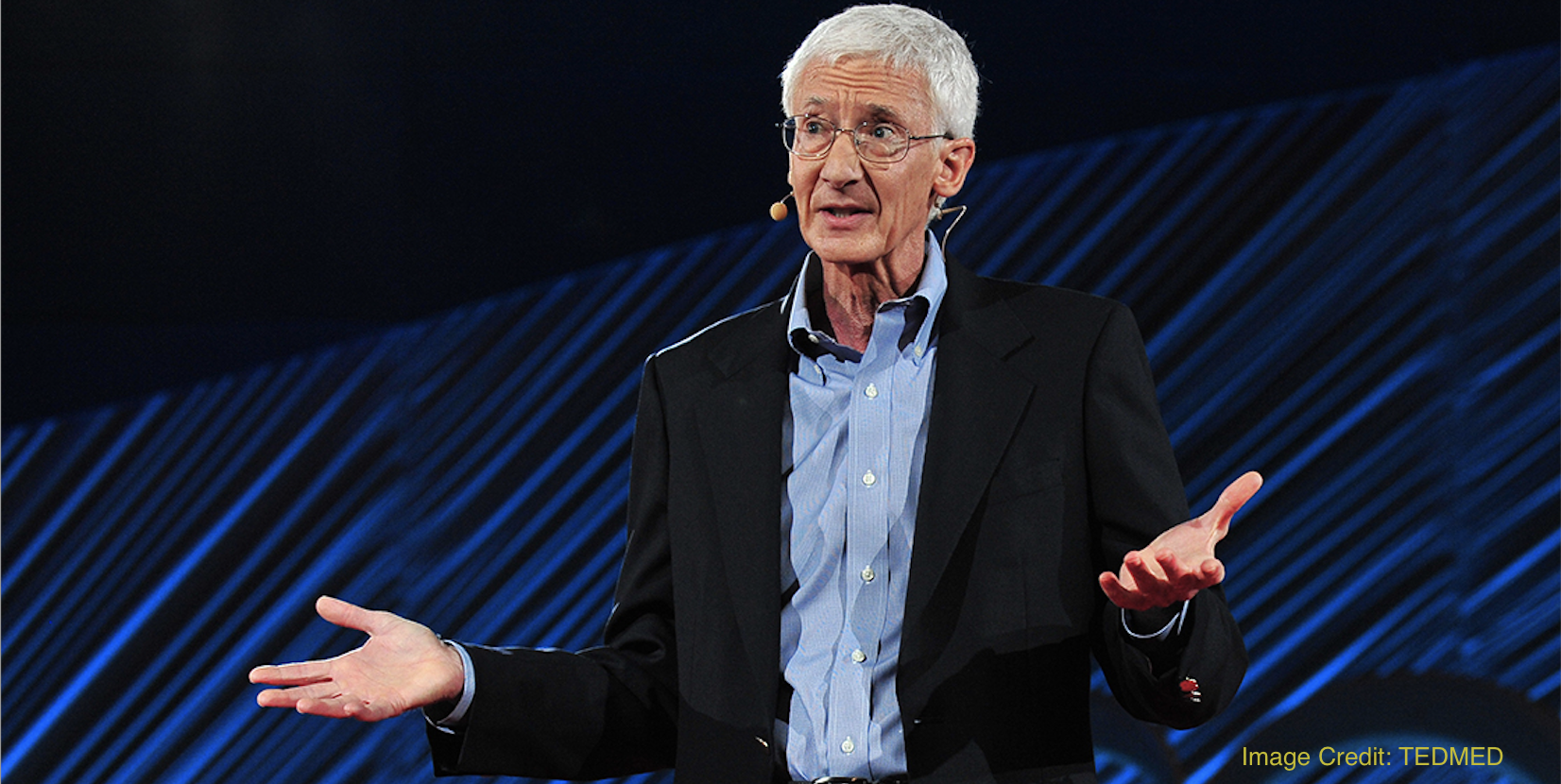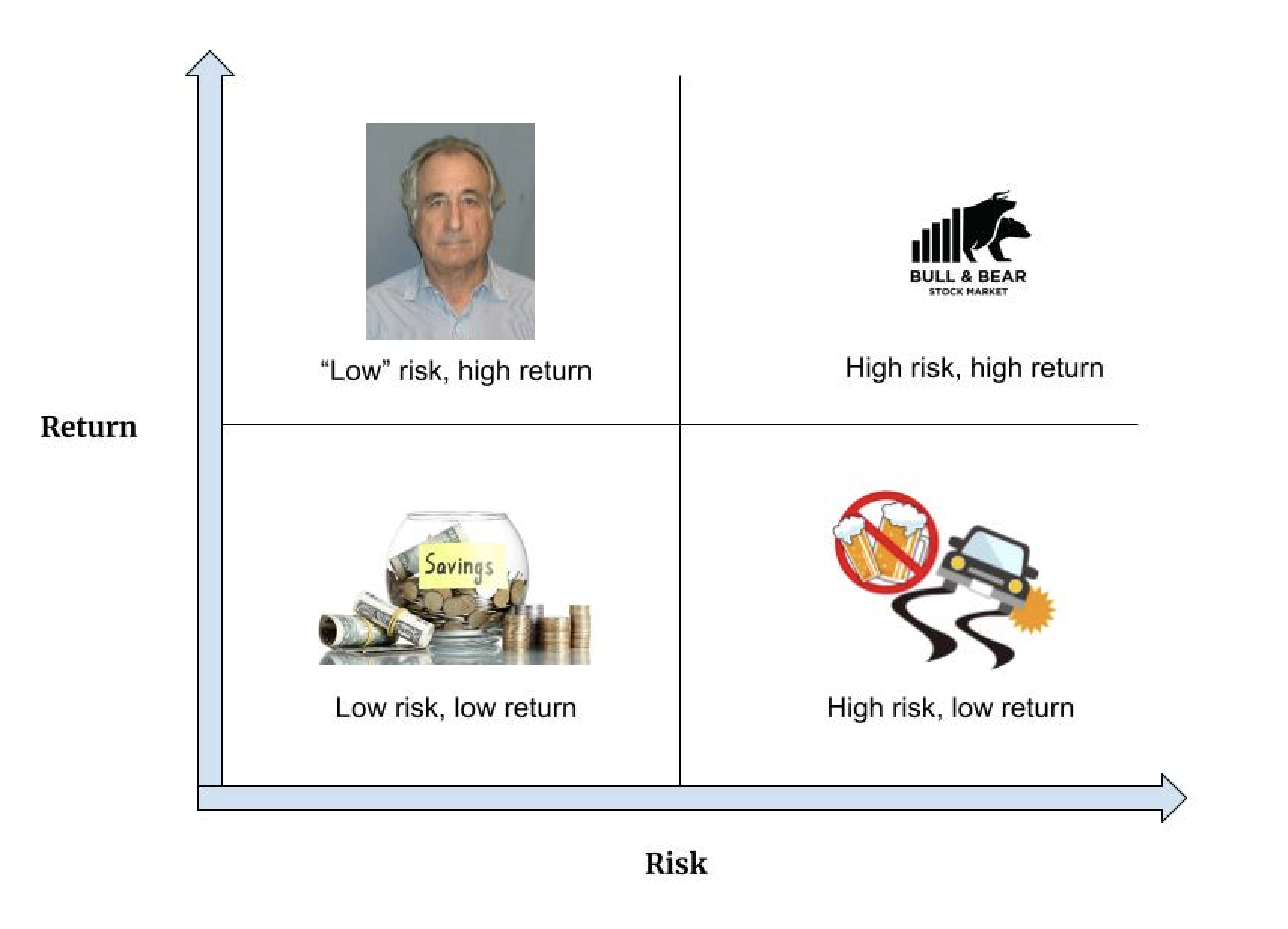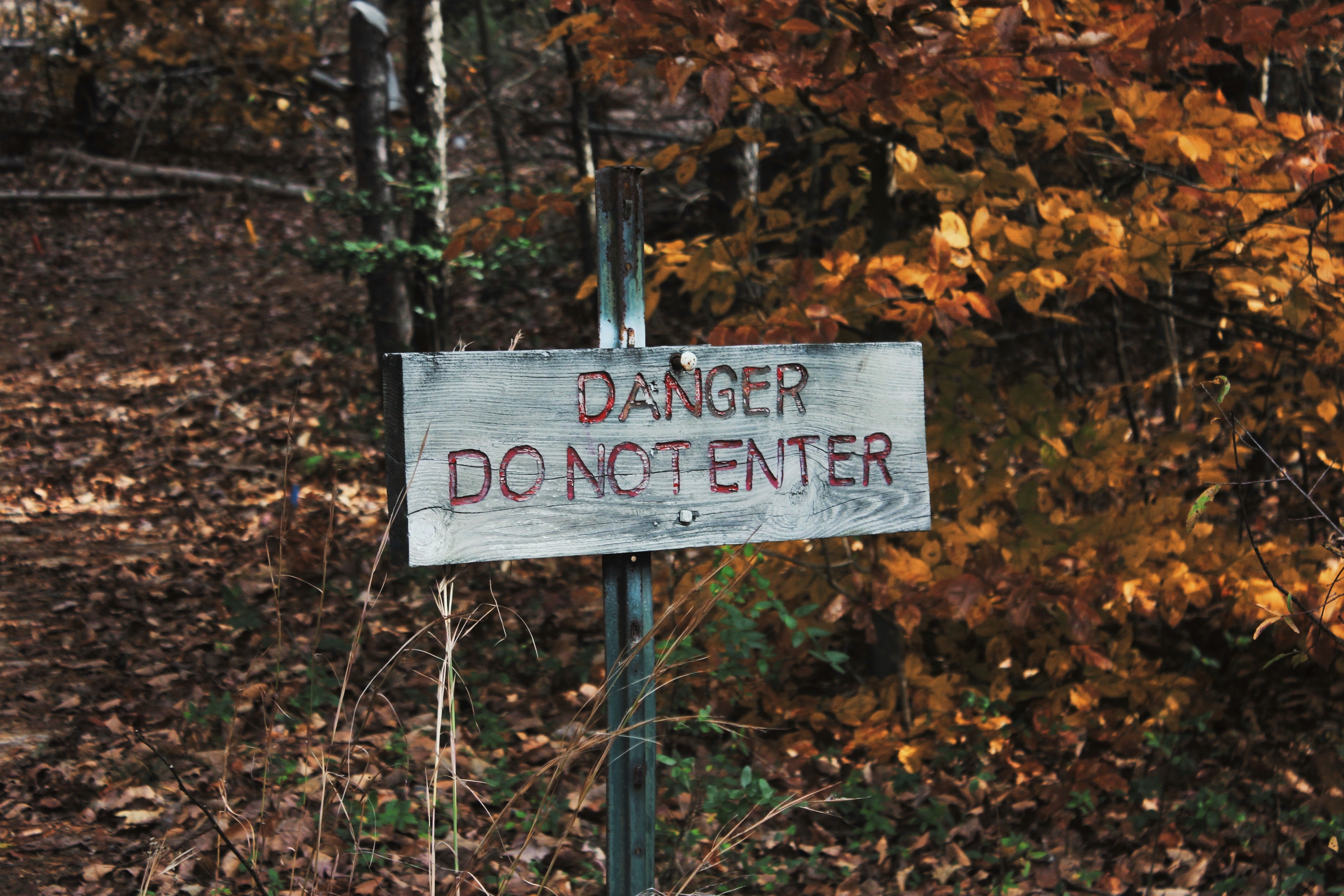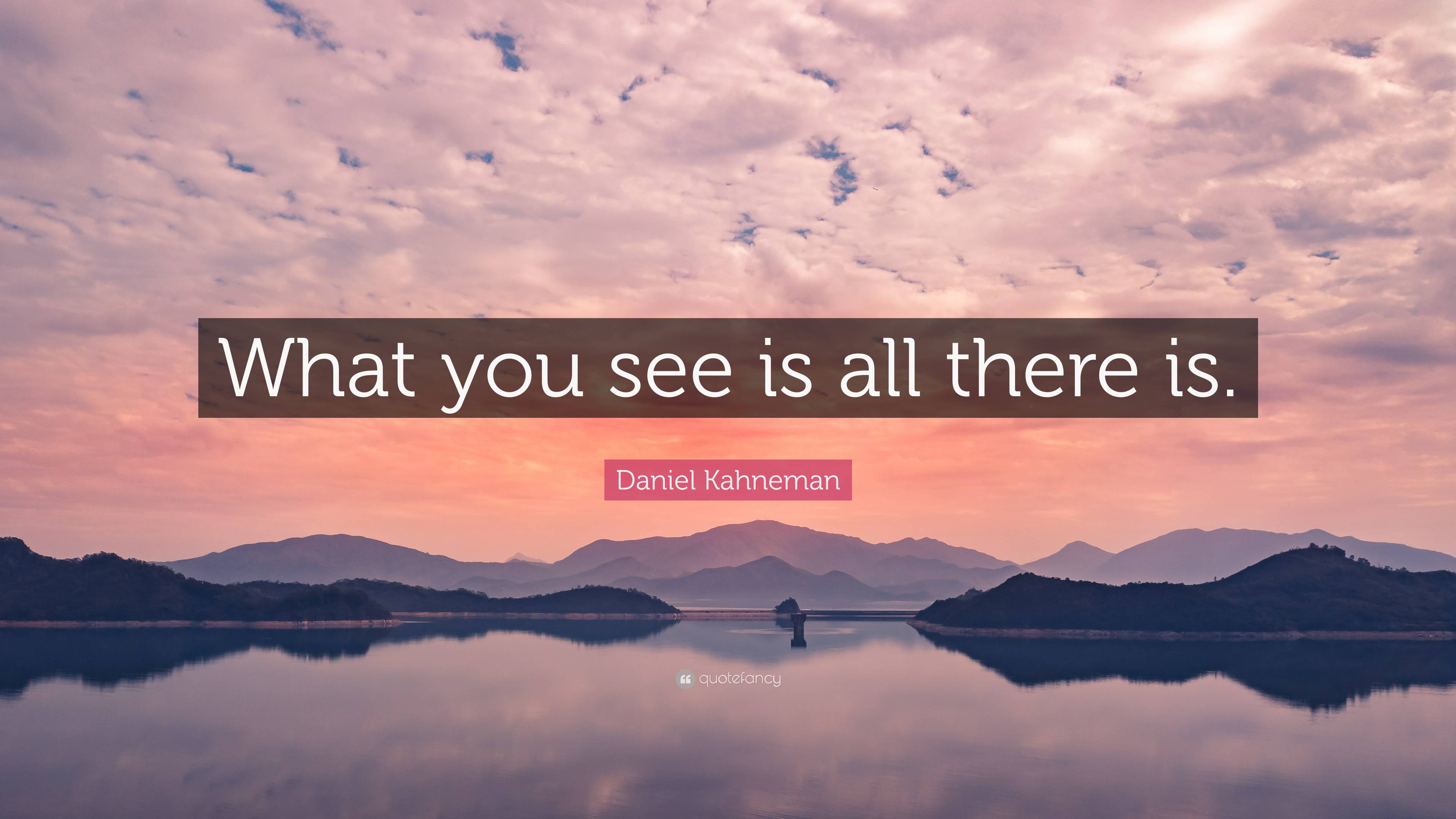How to Avoid Sloth: Four Secrets
Superpowers
We are all world-class at something, whether it’s playing basketball, painting masterpieces, identifying Coke vs Pepsi in a taste test, or cracking eggs without getting any yolk on the counter. My superpower, if not NFL recall, is my ability to push the limits of procrastination to a very unhealthy degree and still (usually) finish the task. Fortunately for me, both NFL recall and procrastination are extremely marketable skills.
If you feel sad when you realize that your superpower also isn’t that cool, just know that *queue sad piano music* I’m here to help, and I’ve been here for Americans since 2018. In these uncertain times, we’re all in this together. Even without leaving the safety of our homes. And we’ll get through this. Together in these unprecedented times. We can save the restaurants we love. Now, more than ever. *Uplifting piano music*
Apologies, my new writing tic is a mash-up of all Covid-19 commercials.
Since my ears are attuned to procrastination advice, the following four quotes cut through hundreds of hours of random noise that I’ve consumed; they are ideas that I think about often, and since their signal-to-noise ratio is so high, I decided to share them. These ideas help me overcome writing procrastination specifically, but I try to apply them elsewhere.
Remember, a life of sloth is misery. Far better to live a life of occasional gluttony. I mean that sincerely.
Anti-Sloth Quotes
“You can sit here and write or you can sit here and do nothing, but you can’t sit here and do anything else.” – Neil Gaiman, author of Coraline, The Graveyard Book, Good Omens, etc.
In other words, when he sits down to write, Neil’s two options are writing or staring off into space while doing nothing. But, he can’t do anything else. That last part is the key: when I get stuck on anything, my natural response is to flee to the internet, check my phone, or to get up. Getting up ensures my train of thought will be ruined when I might have been on the verge of breaking through a mental barrier.
Start small and set a 20-minute timer if you’re in a procrastination loop. Force yourself to either do that thing or stare off into space until the timer runs out. Just don’t do anything else. Eventually you’ll get bored of doing nothing, and you’ll get out of your own way.
“A lot of our calcification, the inability to launch our lives in a different direction, is the feeling that we should have done it 10 years ago and we’ve lost the opportunity. But 10 years from now we’ll think the same thing about this very moment today. The feeling that we know we should have made these better decisions earlier, for some reason, instead of learning from that, it paralyzes us.” – Hugh Howey, author of Wool.
Another phenomenal piece of wisdom. It’s too late to start is an internal monologue that leads to a tasty concoction of self-torture, paralysis, and eventually regret. The hardest part of anything is starting; beginning with a mere five minutes of work or doing five pushups can lift an invisible 50-pound weight off of our shoulders. In the podcast linked above, host Shane Parrish repeats this piece of advice in a more succinct Chinese proverb: The best time to plant a tree was 20 years ago. The second best time is now.
“The drafting is where you’re writing FBR: fast, bad, and wrong.” – Safi Bahcall, cancer researcher and author of Loonshots.
This strategy—though intended for a first writing draft—is useful for overcoming procrastination and perfectionism in work and life. Our willpower is limited, so Safi suggests getting everything out of our minds as fast as possible while we’re still thinking about it. It’s easier to clean up a mess than magically recreate ideas that we didn’t write down. Even the greatest novelists in the world might write 40 drafts—there is a reason we don’t see the first 39.
“Perfectionism is the voice of the oppressor, the enemy of the people. It will keep you cramped and insane your whole life.” – Anne Lamott, in her book, Bird by Bird.
I believe that perfectionism, most of all, is what keeps us from taking the first step in anything that we’d like to start. A blank canvas means that we have yet to ruin it with our beginner mistakes or stupid ideas. It’s much less painful to avoid staining the canvas it than to start something.
Zillions of studies remind us that the regrets of the dying are all the things they didn’t try—not the mistakes or embarrassments that seemed so lasting and scarring at the time. Yet it’s hard to keep this in the front of our minds. Humans evolved to be loss averse, so rewiring ourselves to take “risks” (most of which are entirely in our heads) or to try new things takes deliberate action and reminding.
Surrounding yourself with open people is a big part of the puzzle, but so is forming repeatable habits. Our lives as a whole are just the sum of our habits. Exercising for just 3 minutes every day can lead to a positive habit formation that compounds, while running once a month will not (and you’ll be miserable while doing it).
Jerry Seinfeld embodies this with his “don’t break the chain” practice of writing a joke every single day. The pressure is off, since he can write a pathetic joke and call it a day. But some days he’s feeling it, and great content will flow. By committing to a single joke each day, he’ll have dozens of great jokes in a few months, and Netflix will then pay him millions of dollars to film while he recites his best jokes to an audience of nostalgic Baby Boomers. (I like Jerry too.)
If you want to learn piano, start with just five quarantine minutes per day, and the fear of ruining the perfection will be gone. If you don’t, you’ll wish—a year from now— that today was the day you started. Whether you are playing piano, learning Photoshop, or making THC-infused potato salad as a side hustle, force yourself to either do it or do nothing. But don’t do anything else.
